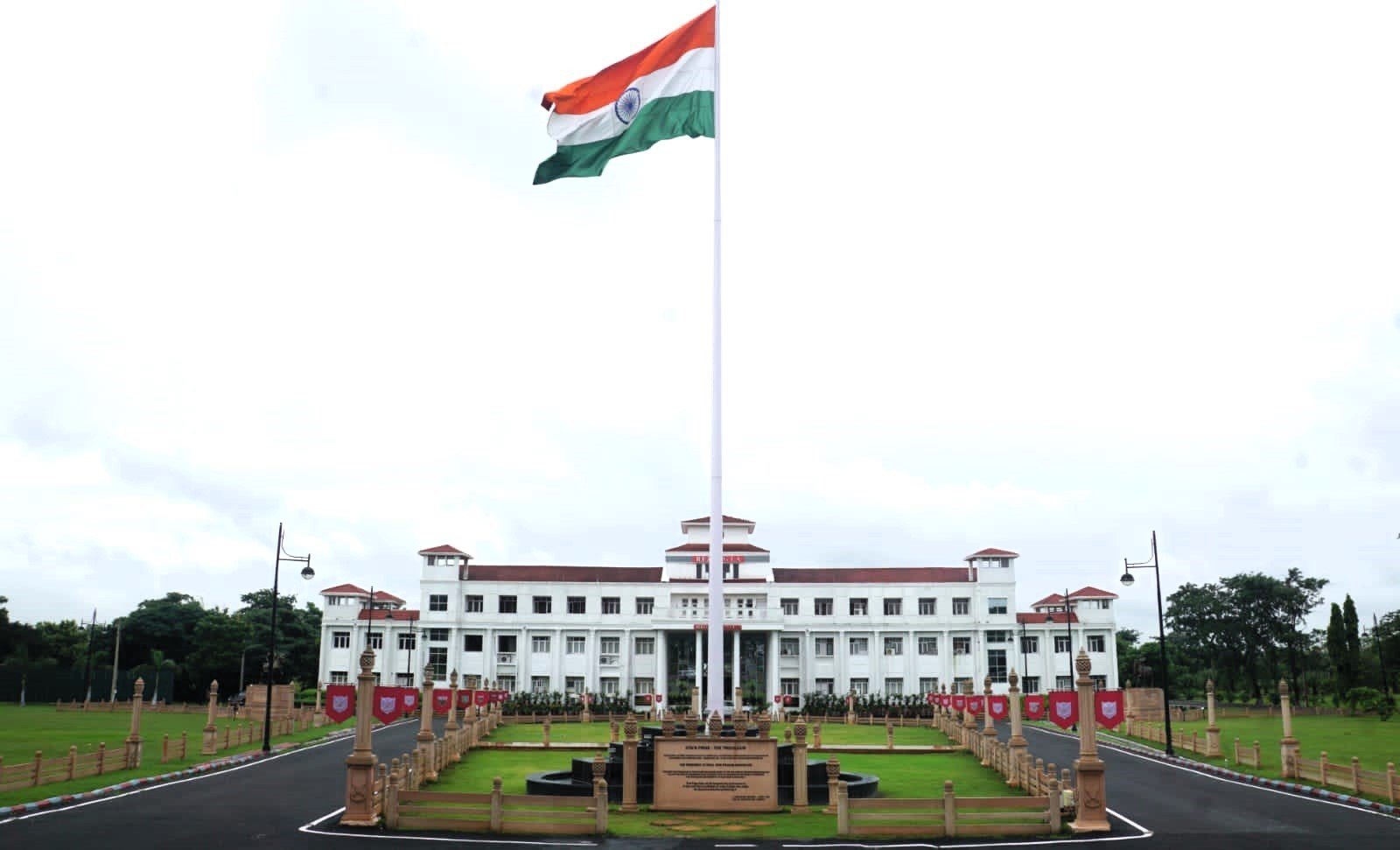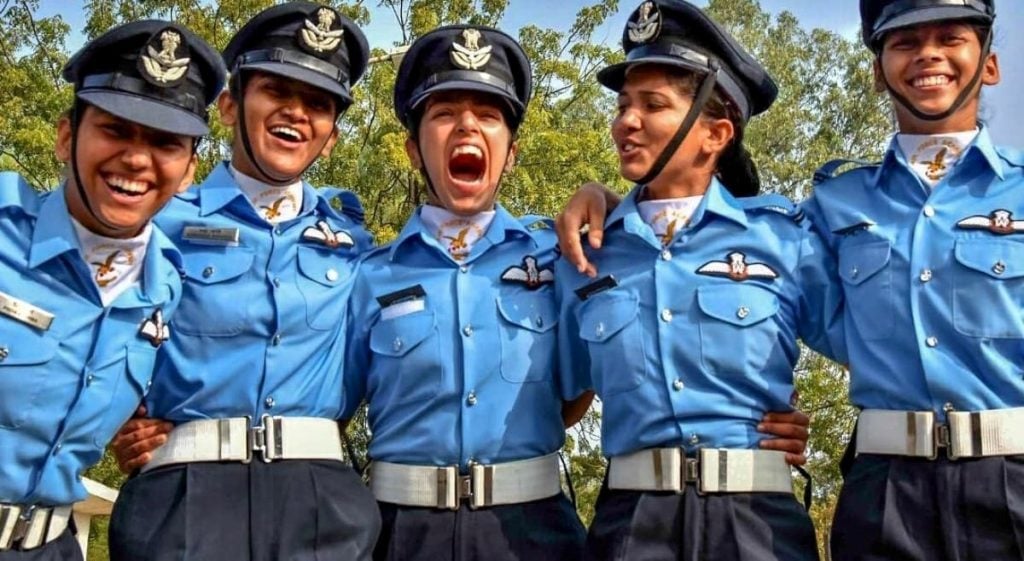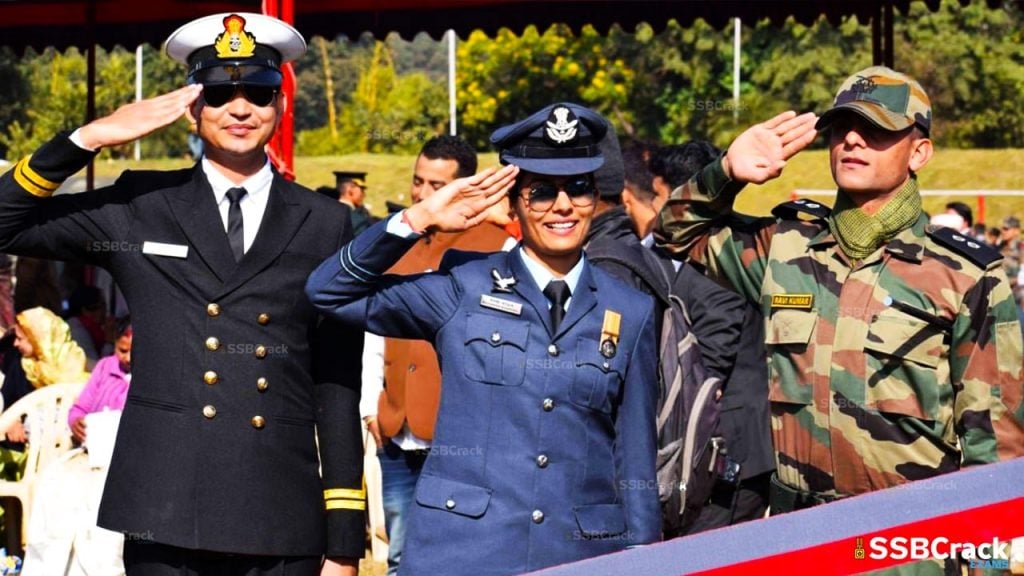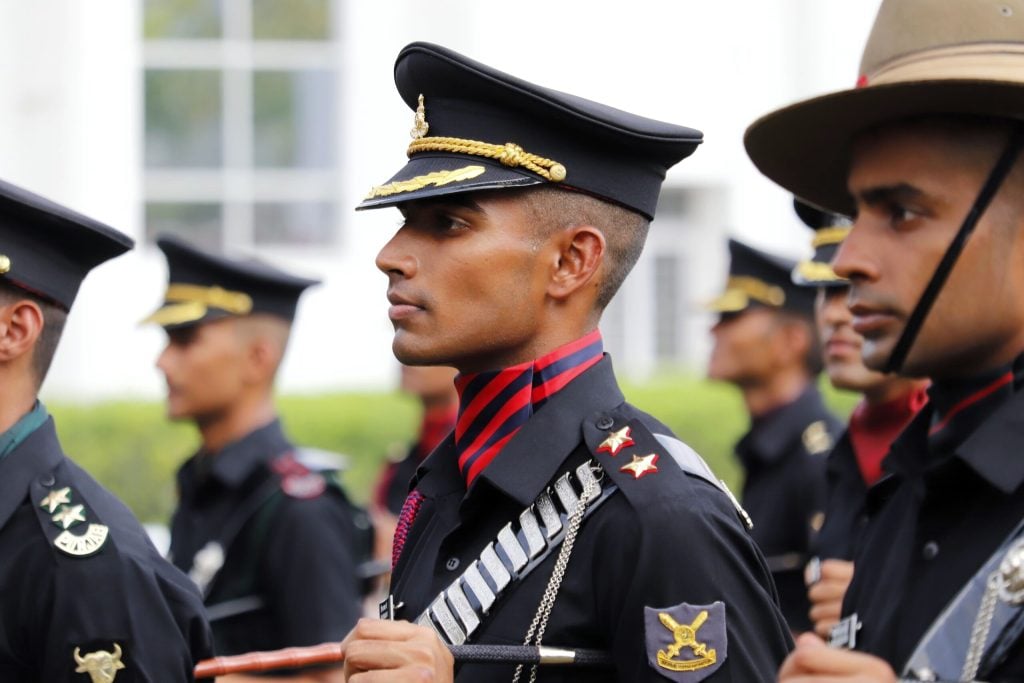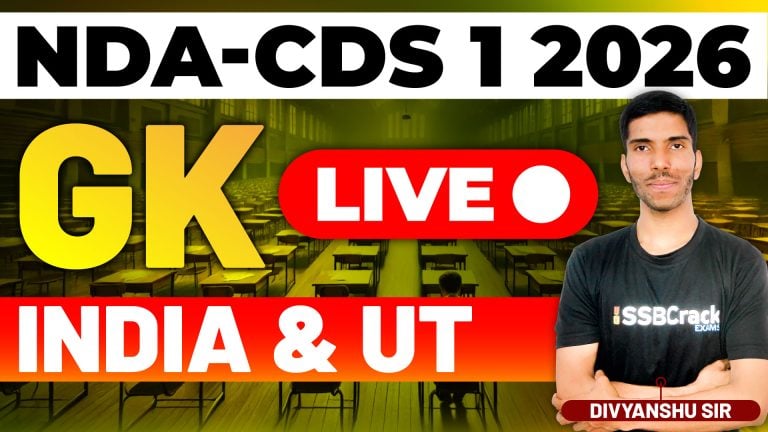Achieving success in the CDS (Combined Defence Services) exam signals the beginning of an exceptional journey into a career within the Indian Armed Forces. This journey commences with intensive training at esteemed academies such as the Indian Military Academy (IMA), Indian Naval Academy (INA), Air Force Academy (AFA), or Officers Training Academy (OTA). This phase imparts crucial attributes like discipline, leadership, and a strong commitment to national service. Beyond training, officers advance through various stages of their careers, each presenting distinct challenges, responsibilities, and opportunities for personal and professional development. This article delves into the diverse facets of life post-CDS exam, covering induction, training, roles, career advancement, and opportunities after retirement.
Induction and Training
After successfully clearing the CDS exam and making it through the merit list, candidates embark on an intensive training regimen at one of the prestigious academies. This initial phase is not just about physical conditioning but also focuses on character development, fostering values like integrity, courage, and camaraderie among trainees. The academies serve as crucibles where individuals transform into disciplined officers prepared to lead and serve.
Life within Academies
Life at military academies is dynamic and demanding. Trainees participate in a blend of physical exercises, academic pursuits, and practical military training. The experience fosters a strong sense of camaraderie and teamwork among peers, laying the foundation for lifelong bonds and a supportive professional network. Beyond the rigorous schedule, the academies emphasize the importance of ethical conduct and professional excellence, shaping officers who are not only physically fit but also morally and intellectually capable of leading troops in challenging environments.
Branch Allocation and Specialization
Upon completion of CDS academy training, officers are assigned to specific branches based on their preferences, aptitude, and the operational needs of the armed forces. This pivotal phase allows officers to specialize in roles within the Army, Navy, Air Force, or other specialized branches like the Judge Advocate General (JAG) or Armed Forces Medical Services (AFMS). Branch allocation is crucial as it determines the trajectory of an officer’s career, aligning their skills and interests with the diverse operational requirements of the Indian Armed Forces.
Operational Roles and Responsibilities
Commissioned officers assume a variety of operational roles across different branches of the armed forces. Whether leading troops in combat, navigating warships, piloting aircraft, or strategizing in command centers, each role is vital to national defense and security. The diversity of responsibilities ensures that officers are constantly challenged and motivated, driving them to excel in their respective fields while upholding the ethos of service and sacrifice.
Continuous Learning and Professional Advancement
Life in the armed forces is characterized by a commitment to continuous learning and professional development. Officers have access to advanced training programs, leadership courses, and opportunities to participate in multinational exercises and strategic planning initiatives. This environment of intellectual growth and adaptability ensures that officers remain at the forefront of military innovation and operational effectiveness throughout their careers.
Career Progression
The Indian Armed Forces offer a structured career progression system that rewards merit, dedication, and leadership potential. Officers advance through various ranks—from Lieutenant to General—based on their performance, years of service, and successful completion of required courses and assessments. The progression is not only hierarchical but also reflects increasing responsibilities and the trust placed in officers to command and lead effectively in diverse and challenging scenarios.
Table: Job Profiles and Career Progression in the Indian Armed Forces
| S.No. | Rank | Promotion After | Criteria for Promotion |
|---|---|---|---|
| 1 | Lieutenant | Captain | After 2 years of service |
| 2 | Captain | Major | After 6 years of service |
| 3 | Major | Lieutenant Colonel | After 13 years of service |
| 4 | Lieutenant Colonel | Colonel | After 15 years of service |
| 5 | Colonel | Colonel (Time Scale) | After 16 years of service |
| 6 | Colonel (Time Scale) | Brigadier | After 23 years of service |
| 7 | Brigadier | Major General | After 25 years of service |
| 8 | Major General | Lieutenant General | After 28 years of service |
| 9 | Lieutenant General | General | No Restrictions |
Harmonizing Personal and Professional Life
Balancing personal and professional commitments is a significant challenge for officers in the armed forces. The nature of the job often involves frequent relocations, long deployments, and extended periods away from family. However, the armed forces provide a supportive community and infrastructure to help officers navigate these challenges. Strong bonds within the military community and support systems for families contribute to a sense of belonging and resilience among officers, enabling them to fulfill their duties with dedication while maintaining personal well-being.
Post-Retirement Opportunities
After a fulfilling career in the armed forces, retired officers possess a wealth of experience, skills, and leadership acumen that are highly valued across various sectors. Many retirees choose to pursue second careers in fields such as academia, corporate sectors, government services, or social initiatives. The disciplined mindset, problem-solving abilities, and strategic thinking developed during military service equip retirees to excel in diverse roles, making significant contributions to society beyond their years of active duty.
In conclusion, life after the CDS exam represents a journey of growth, service, and leadership within the Indian Armed Forces. From rigorous training to fulfilling operational roles and advancing through structured career paths, officers experience a unique blend of challenges and opportunities that shape them into resilient and capable leaders. Beyond retirement, the skills and values acquired during military service continue to empower officers to make enduring contributions to the nation and society at large. The UPSC CDS exam thus not only opens doors to a prestigious profession but also prepares individuals for a lifetime of meaningful service and personal fulfillment.
FAQs
Q1: What happens after clearing the CDS exam?
Q2: What is life like at military academies post-CDS exam success?
Life at military academies is rigorous, focusing on physical fitness, character development, and leadership skills. It fosters camaraderie and prepares candidates for various operational roles within the armed forces.
Q3: How are job profiles determined after training?
After training, officers are allocated to specific branches based on their preferences, aptitude, and the operational needs of the armed forces. This allocation determines their roles in the Army, Navy, Air Force, or specialized branches like JAG or AFMS.
Q4: What are the career progression opportunities in the armed forces?
The armed forces offer structured career progression from Lieutenant to General, with promotions based on merit, performance, and years of service. Officers advance through ranks and take on increasing responsibilities in command and leadership roles.
Q5: How does life in the armed forces balance personal and professional commitments?
Balancing personal and professional life in the armed forces involves challenges such as frequent relocations and deployments. However, strong community support and infrastructure help officers maintain a balance while fulfilling their duties with dedication.
Q6: How does the CDS exam prepare individuals for a career in the armed forces?
The CDS exam not only tests candidates’ aptitude and knowledge but also prepares them mentally and physically for the challenges of military life. It serves as a gateway to a prestigious profession dedicated to national service and defense.
Q7: What are the key skills developed during training post-CDS exam success?
Training post-CDS exam success emphasizes physical fitness, leadership, discipline, and decision-making skills. These are essential for officers to perform effectively in diverse operational roles within the armed forces.
